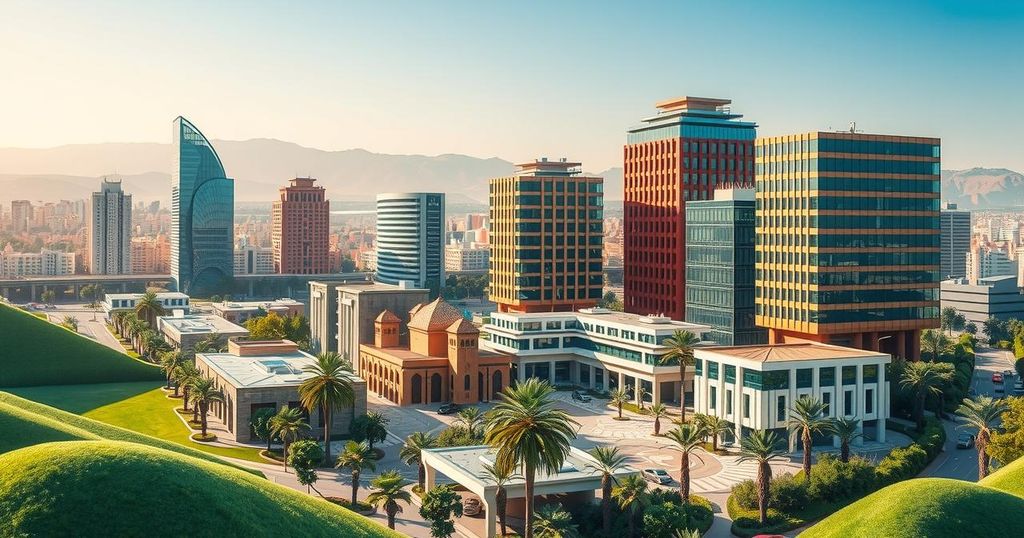Morocco has made strides in entrepreneurship funding since hosting the Global Entrepreneurship Summit, including a World Bank loan to develop venture capital. However, it still struggles with a lack of high-growth startups essential for economic growth. The current entrepreneurial ecosystem is impeded by insufficient initiation, education flaws, and an ineffective innovation system, necessitating reforms to nurture entrepreneurs and bolster national development goals.
The Global Entrepreneurship Summit in Marrakech in November 2014 positioned Morocco as a regional entrepreneurship leader. The World Bank’s announcement of a $50 million loan set a crucial precedent for financing startups, signaling a commitment to developing a national venture capital sector. However, despite some advancements in startup support and funding, Morocco’s economy lacks a robust generation of high-growth companies, which is detrimental to overall development.
According to the New Development Model report by CSMD, Morocco’s economy must grow by at least 6% to meet human development goals. This growth is increasingly tied to enhancing the entrepreneurial ecosystem, which remains in a nascent phase compared to other regional models. Currently, the Digital Morocco 2030 strategy reports approximately 380 startups, a figure insufficient for creating successful high-growth businesses or unicorns.
The actual numbers reflect a stark reality: only 46 startups have secured seed funding, while only 75 have attracted venture capital. The total investments—290 million MAD ($29 million) in seed funding and 653 million MAD ($65 million) in venture capital—are negligible compared to global standards. The Digital Morocco 2030 plan aims to establish 10 gazelles and 1-2 unicorns by 2030, goals that are ambitious yet insufficient to achieve the necessary GDP growth.
The paradox lies in the fact that Morocco has seen the establishment of numerous incubators and accelerators over the past decade, supported by various public and private investments. While these institutions have generated some capital availability, the challenge remains in identifying quality projects to invest in, not in the capital itself. Consequently, the scarcity of promising startups leads to competition among investors for a limited subset of viable ideas.
The primary issue now appears to be on the supply side of entrepreneurship rather than the availability of financial support. The focus has predominantly been on the downstream aspects of the entrepreneurship ecosystem, indicating a need to reinforce upstream factors. Enhancing the national innovation system is crucial, as it currently suffers from inadequate resources, creativity, and strategic leadership.
Morocco’s public investment in research and development stagnates at approximately 0.7% of GDP, starkly lower than the OECD average of 2.4%. This reflects a failure to effectively channel funds toward innovative projects, evident in the low number of domestic patent applications and limited contributions to peer-reviewed journals. Additionally, the educational system does not adequately foster an entrepreneurial mindset among youth despite its significant budget consumption.
To cultivate a new wave of entrepreneurs and high-growth startups, Morocco must prioritize upstream initiatives, including education reform and strengthening its innovation infrastructure. This holistic concern may lead to viable solutions that place entrepreneurship at the forefront of national development strategies for the next decade.
In summary, despite the advancements in supporting entrepreneurship since the Global Entrepreneurship Summit, Morocco faces significant challenges in developing a strong generation of growth-oriented startups. Addressing upstream issues, including innovation funding and educational reform, is imperative. A comprehensive strategy focusing on these elements will be critical in boosting the entrepreneurial ecosystem and achieving sustainable economic growth in Morocco.
Original Source: www.moroccoworldnews.com






